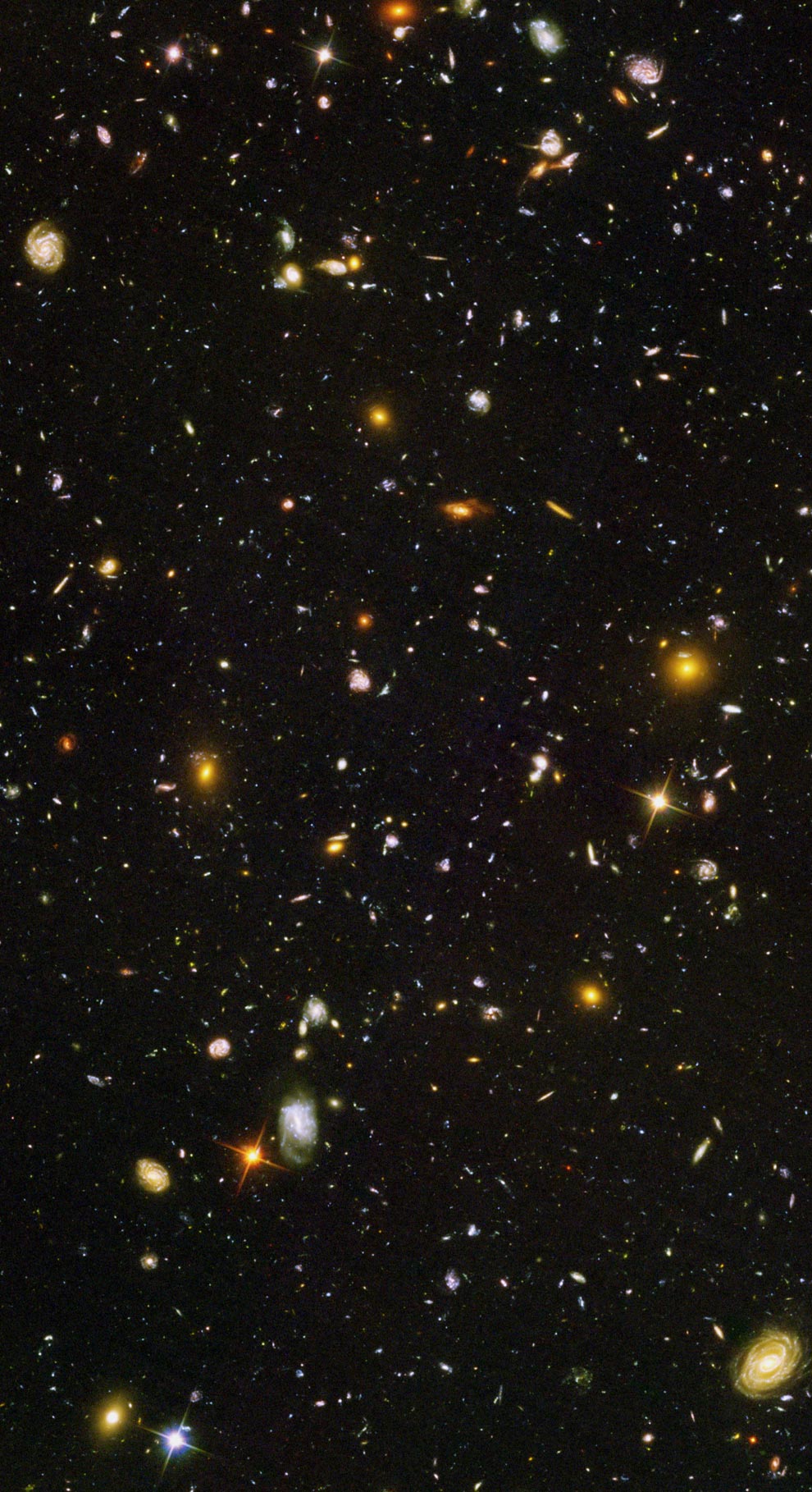Possibilities:
Space slows/stops its expanding and compresses to crunch up for another Big Bang, a rebirth of the universe as we know it, of some sorts over time, say, countless billions of years.
Space continues to increase the speed of its expansion until all groups of celestial bodies drift apart from one another, leaving us and our galaxy far, far away from other galaxies, and our solar system possibly farther away than other solar systems, or perhaps just closer to the black hole at the center of our galaxy, again, over time, say, countless billions of years.
Theory 1: When space compresses, we all die.
Theory 2: We have even less time/space for entropy to separate/kill us from exhausting everything on every planet in every system from our and nearby galaxies, and we die.
Theory 3: We never develop faster-than-light travel, we all die.
Space slows/stops its expanding and compresses to crunch up for another Big Bang, a rebirth of the universe as we know it, of some sorts over time, say, countless billions of years.
Space continues to increase the speed of its expansion until all groups of celestial bodies drift apart from one another, leaving us and our galaxy far, far away from other galaxies, and our solar system possibly farther away than other solar systems, or perhaps just closer to the black hole at the center of our galaxy, again, over time, say, countless billions of years.
Theory 1: When space compresses, we all die.
Theory 2: We have even less time/space for entropy to separate/kill us from exhausting everything on every planet in every system from our and nearby galaxies, and we die.
Theory 3: We never develop faster-than-light travel, we all die.

